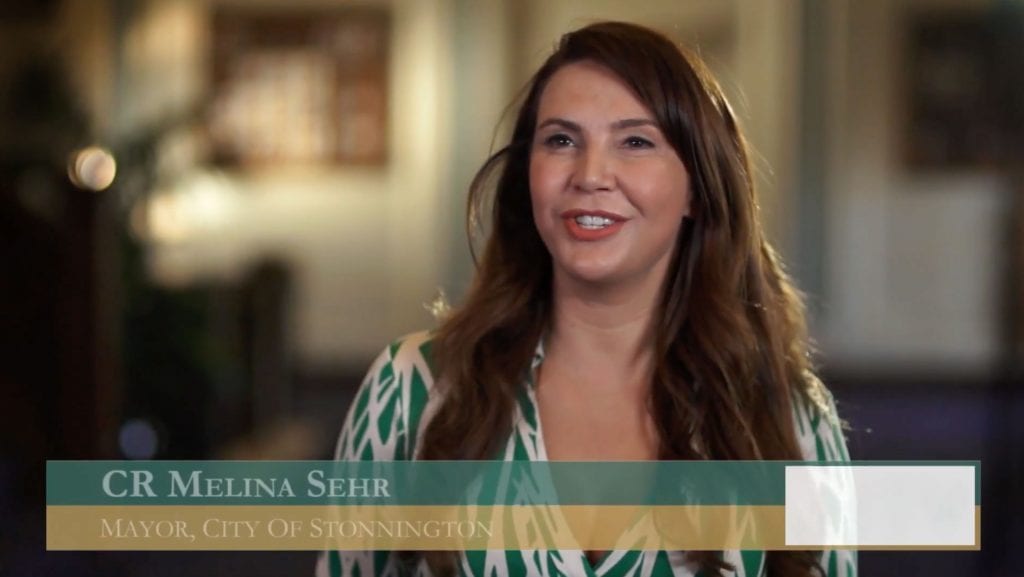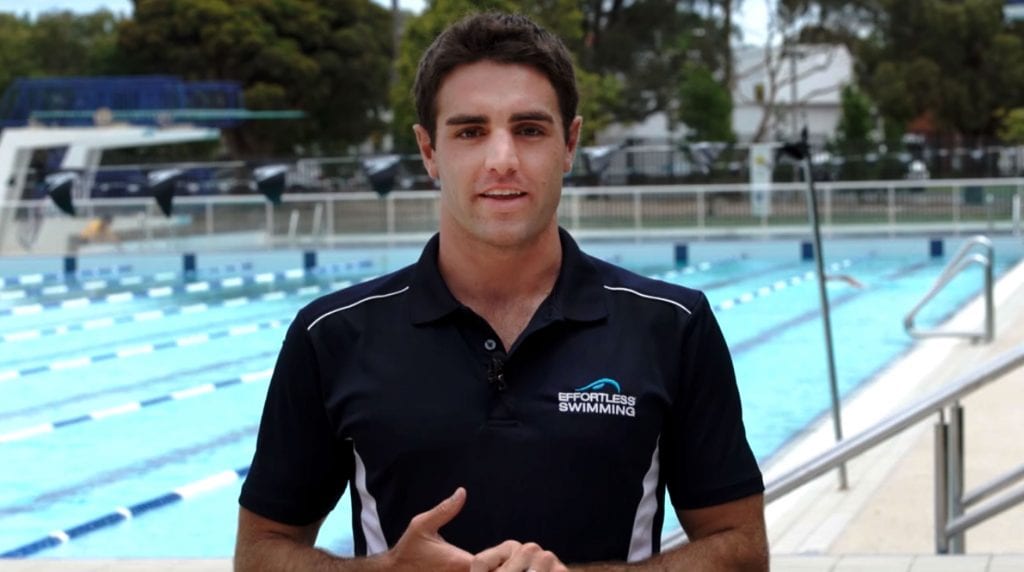Presenting on video, is one of those things that looks easy but actually isn’t. If you haven’t tried it, count yourself lucky because it can be a stressful experience. A bad presenter is an easy way to lose credibility and viewers at the same time. Sure, the professionals make it look simple. But they’re professionals and chances are you aren’t. To get you presenting like a professional, I’ve put together the best advice we could muster for your next corporate or training video.
Think about the audience benefit
Before you even step in front of the camera you should take a second to think about who will be watching. I’m talking about tailoring your presenting to your audience. What kind of language would they use? Do you need to simplify the way you speak? Will they understand jargon/acronyms? Do they need context for what you’re talking about? Thinking about these things is an important first step to being a relatable presenter.
Keep it simple
Keeping things simple is the key to ensuring your audience doesn’t mentally wander off. When you go into too much detail you’re asking the audience to remember too much of what you’re saying. The result could end up being that they don’t remember anything. If you’re writing up a draft of what you want to say I highly recommend showing it to an unbiased third party to make sure it’s not too complex.
Our friend Andrew Marty from SACS (below) is great at quick and simple videos, he also loves to tell a story (more on that in my last tip). A few years of practice have made him quite comfortable and relaxed in front of the camera.
Rehearse, rehearse, rehearse
This one should be pretty self explanatory. The more you do something the better you get. You might realise after saying it out loud that the gag you put in the opener wasn’t as witty as it seemed. Go a step further by rehearsing in front of somebody, it makes a huge difference. If you can’t find somebody willing to sit through what you have to say then the bathroom mirror is another option.
Get to Know The Crew
The camera crew are there to make you look and sound good. They won’t make you look bad just because you’re not being super friendly (if they do, it’s certainly time to find a new crew). But the knowledge that a film crew has gained over the years of working with professional and novice presenters is gold. We regularly pass on tips we learn from the pros but it doesn’t hurt to drill us for more tips or feedback. If your rapport with the crew is strong then you’ll both feel more comfortable when they have honest feedback about that ‘giving up carbs’ gag you put in the opener.
Look Your Best

Be yourself when presenting
Some people change dramatically when the camera begins to roll. This might be fine for a seasoned news reporter putting on the reporter voice but it doesn’t work in most cases. Be yourself. While it’s true that sometimes people come across as being a bit flat on camera there are better ways to compensate. Smile at the beginning and the end of your presentation. Ask the camera crew if their framing will allow you to express yourself with your hands. If you gesture like this normally then great but don’t start just for the sake of the video. Be yourself.
Storytime
Audiences love stories and video producers love them too (if they can retell some of the story visually in your video). This is because stories are relatable and engaging. I once took a first aid course and the presenter had a gruesome story for each kind of injury we were learning how to treat. I can’t say I learnt any more because of these stories but they made the 3 days far more enjoyable than just reading out of a text book. The key is to remember tip #1, keep it simple unless its a really, really good story.
So these are my top tips for preparing yourself to present on camera. If you want to work with a crew that has extensive experience with first time presenters then get in contact with us today.

